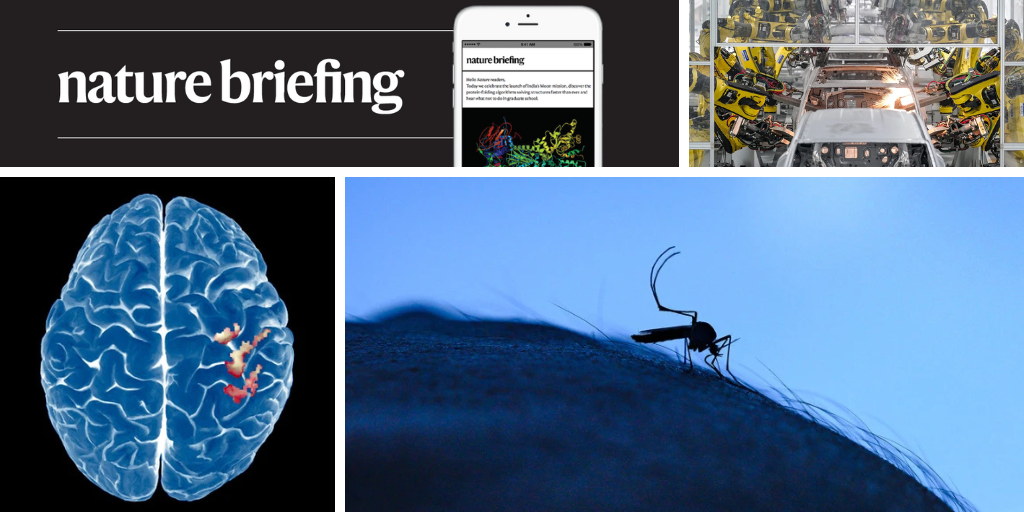
"A brain-imaging study of people with amputated arms shows that the brain's map of the body is surprisingly stable - even after a limb is lost. Previous research had suggested that neurons in the brain region holding this internal map, called the primary somatosensory cortex, would grow into the neighbouring area of the cortex that previously sensed the limb. "Pretty much every neuroscientist has learnt through their textbook that the brain has the capacity for reorganization, and this is demonstrated through studies on amputees,""
""We are leaving frustrated. We have not come up with a treaty that the planet so urgently needs," Edwin Josué Castellanos López, chief negotiator for Guatemala, says of the collapse in negotiations on global plastic pollution. At issue at the UN-backed talks in Geneva were caps on production, sidelined by large oil-producing countries. Plastic production is estimated to grow by 70 percent between 2020 and 2040, eventually hitting 736 million tons a year."
UN-backed negotiations on a global plastic pollution treaty collapsed in Geneva after talks over caps on production were sidelined by large oil-producing countries. Plastic production is estimated to grow by 70% between 2020 and 2040, reaching 736 million tons annually. A brain-imaging study of people with amputated arms shows the primary somatosensory cortex's body map remains surprisingly stable after limb loss, contradicting expectations of cortical takeover. Decades of surveillance data from 14 countries reveal that major dengue outbreaks in the Americas tend to occur about five months after El Niño events, and local outbreaks tend to happen about three months after summer temperature peaks.
Read at Nature
Unable to calculate read time
Collection
[
|
...
]